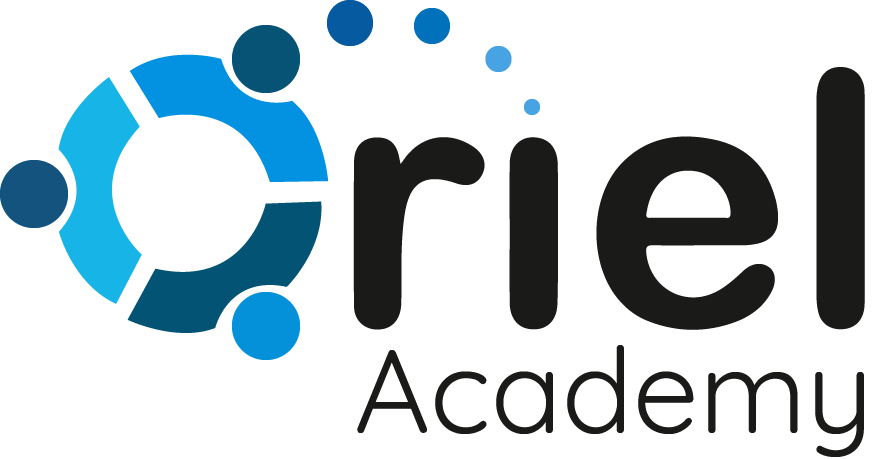The Connection Between PRM and Healthcare Brand Loyalty
In healthcare, trust is everything. Patients aren’t just looking for the closest clinic or the cheapest service. More often, they’re looking for a provider they can count on. One they feel connected to. One that feels human.
So how do healthcare organizations build that kind of trust? One powerful answer lies in Patient Relationship Management (PRM).














